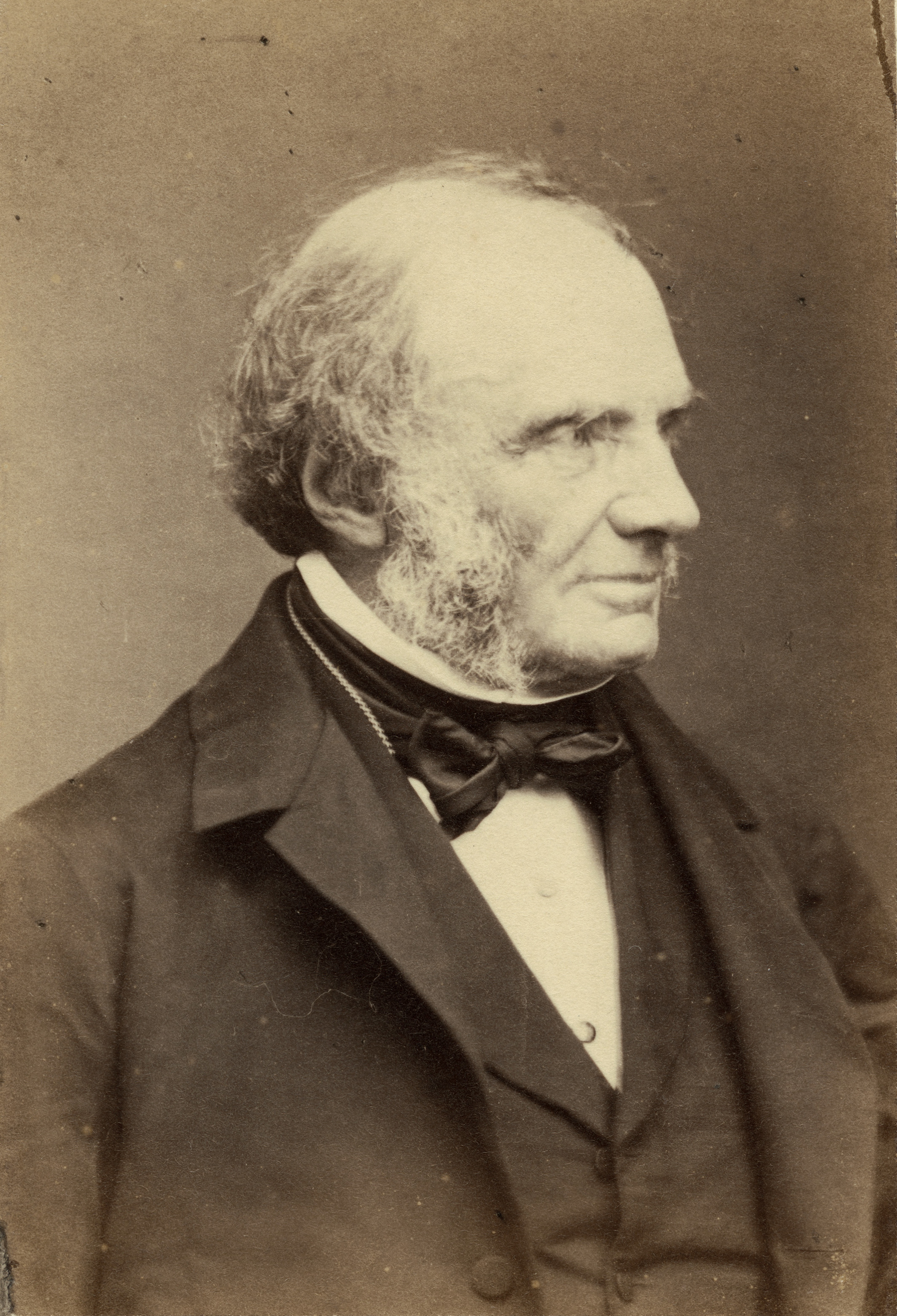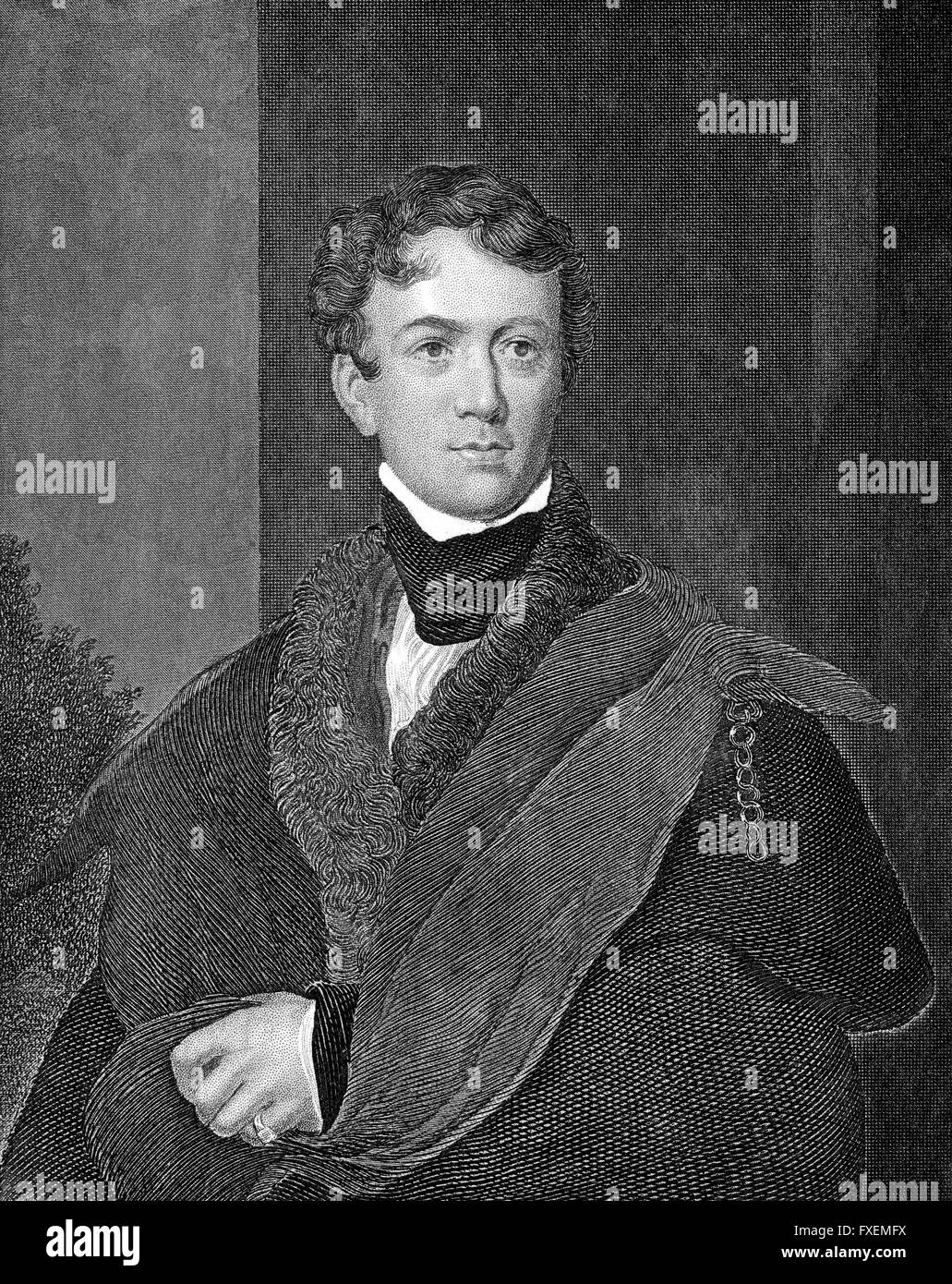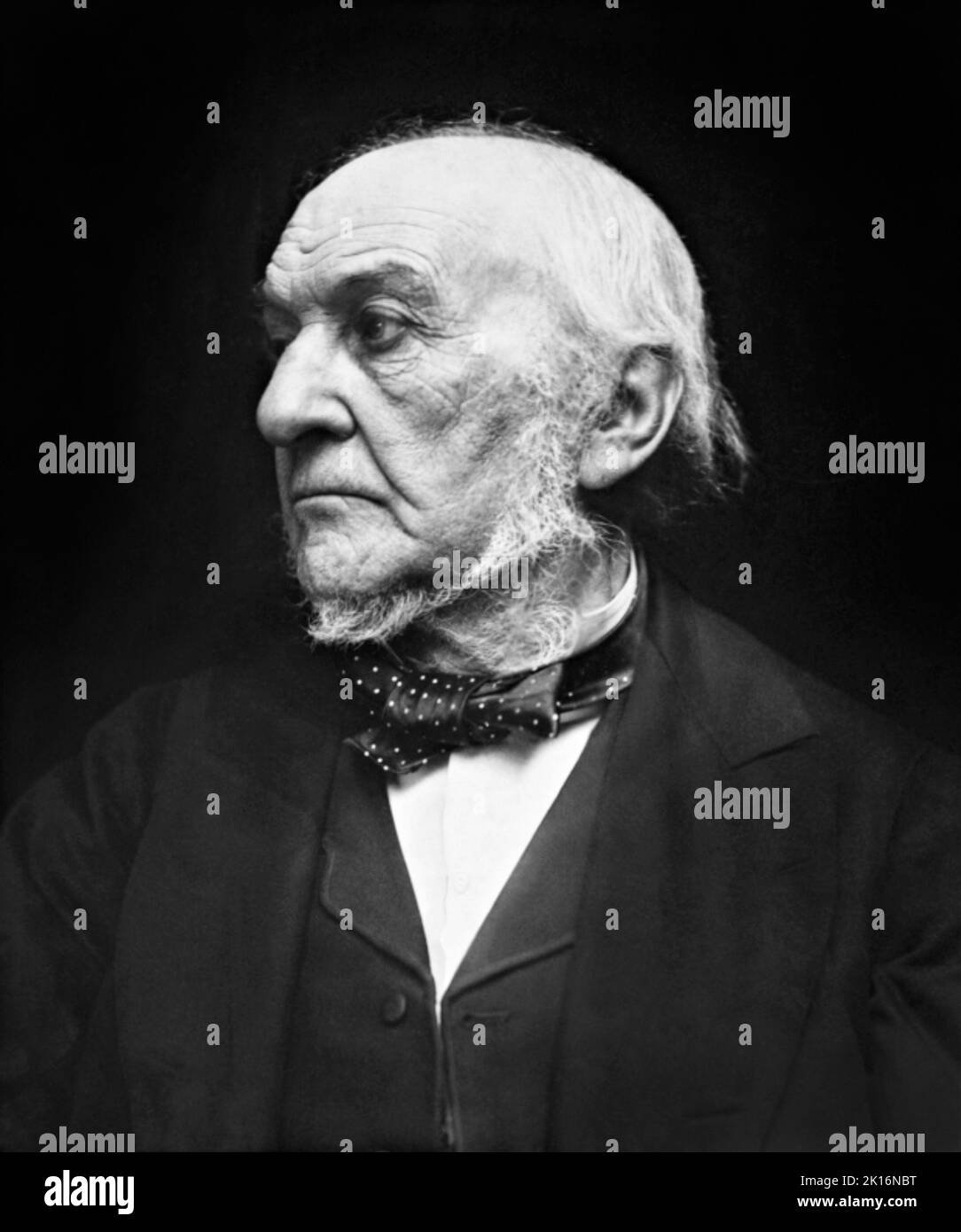
Have you ever paused to consider the profound impact that a single individual’s vision can have on the course of an entire nation? One such individual is none other than **John Russell**, the 1st Earl Russell, whose influence was instrumental in shaping the political landscape of 19th-century Britain. His life story is not merely a chronicle of political achievements; it is a captivating narrative filled with ambition, reform, and unwavering resilience. From his formative years, where he laid the groundwork for his future endeavors, to his tenure as Prime Minister, Russell’s journey reflects the complexities and challenges of his time. His commitment to progressive ideals and social reform left an indelible mark on British society, making him a key figure in the evolution of modern governance. Exploring his life offers valuable insights into the interplay between personal vision and national transformation, illustrating how one man’s aspirations can resonate through history and inspire future generations.
Early Life and Education

Born into Nobility
John Russell entered the world on August 18, 1792, in the bustling city of London, England. As the third son of the illustrious 6th Duke of Bedford, he was born into a life steeped in privilege and expectation. However, what truly distinguished him from his contemporaries was not just his noble lineage but also the distinctive nature of his upbringing and education, which would ultimately play a significant role in shaping his character and beliefs.
A Different Kind of Education
Unlike many of his peers who thrived in the demanding atmosphere of traditional English public schools, Russell faced challenges due to his frail health. This circumstance led to a departure from the conventional educational path, as he was instead enrolled at the prestigious University of Edinburgh. There, he delved deeply into the rich world of Scottish philosophy, engaging with the ideas of prominent thinkers of the time. This alternative educational experience not only broadened his intellectual horizons but also instilled in him a strong sense of liberalism and a fervent commitment to social reform. The unique combination of his noble background and his progressive education would later influence his political career and advocacy for change in British society.
Political Beginnings

Entering Parliament
In the year 1813, the political landscape of Britain witnessed the emergence of a new voice as Russell made his inaugural entry into the world of politics by becoming a member of Parliament. This marked the beginning of a significant chapter in his life, where he would not only participate in legislative discussions but also influence the direction of the nation. His first major address in Parliament was a courageous and impassioned critique of the government’s decision to suspend the Habeas Corpus Act, a move that he believed undermined individual liberties and the rule of law. This bold stance was merely the starting point of his extensive journey as a dedicated reformist, committed to advocating for the rights and freedoms of the people.
The Fight for Reform
As time progressed, by the year 1819, Russell had firmly established himself as a prominent advocate for parliamentary reform. His dedication to this cause propelled him to become a leading figure within the Whig Party, where he tirelessly campaigned for significant changes that would ultimately transform the fabric of British democracy. His efforts were aimed at addressing the inequities and inefficiencies within the political system, striving to create a more representative and just government. Russell’s work during this period laid the groundwork for future reforms that would enhance the democratic process and ensure that the voices of the populace were heard and valued in the halls of power.
The Reform Bill of 1832

Drafting the Bill
In the year 1830, the Whigs ascended to power, and among the key figures in this new administration was Russell, who was appointed to a small yet influential ministerial committee. This committee was charged with the important task of drafting a reform bill aimed at addressing the pressing issues of the time. After months of deliberation and careful consideration, Russell took a significant step forward by presenting the bill to the House of Commons on March 31, 1831. This momentous occasion not only showcased his political acumen but also catapulted him into the national spotlight, earning him recognition as a leading advocate for reform.
The Struggle for Passage
The journey toward the passage of the first Reform Bill was anything but straightforward; it was a long and arduous process fraught with challenges and opposition. Russell’s unwavering determination and exceptional leadership were instrumental in navigating the complex and often turbulent political landscape of the era. He faced numerous obstacles, including resistance from conservative factions and debates that threatened to derail the bill. However, his relentless efforts and strategic maneuvering ultimately bore fruit, culminating in the successful passage of the bill in 1832. This achievement marked a significant victory for liberal reformers and represented a pivotal moment in the ongoing struggle for political and social change in Britain.
Championing Liberal Causes

Religious Freedom
As paymaster general under Charles Grey, Russell championed the cause of religious freedom for both English Dissenters and Irish Roman Catholics. His commitment to these causes often put him at odds with more conservative members of his party.
Democratizing Local Government
During his tenure as home secretary under Lord Melbourne, Russell took significant steps to democratize the government of large towns, excluding London. His reforms laid the groundwork for more inclusive governance.
Challenges in Leadership

Prime Ministerial Tenure
Russell served as Prime Minister from 1846 to 1852 and again from 1865 to 1866. While he had ambitious plans, his ability to implement them was hampered by party disunity and weak leadership.
Key Achievements
Despite the challenges, Russell managed to establish the 10-hour workday in factories and founded a national board of public health. However, he struggled to extend the franchise to urban workers and secure rights for Irish farmers.
Decline and Retirement

Changing Political Climate
By the 1850s, the political climate in Britain had shifted. The appetite for reform diminished, and Russell found himself overshadowed by the more charismatic Lord Palmerston, especially during the Crimean War.
A Turn to Literature
After retiring from public life from 1855 to 1859, Russell turned his attention to literature. Few prime ministers have written as extensively as he did, producing works on biography, history, and poetry.
Legacy of John Russell

Impact on British Politics
John Russell’s contributions to British politics are undeniable. His advocacy for liberal reforms and social justice paved the way for future generations. He is remembered as a key figure in the evolution of British democracy.
Final Years and Death
In 1861, Russell accepted an earldom, becoming the 1st Earl Russell. He passed away on May 28, 1878, at Pembroke Lodge, Richmond Park. His legacy continues to inspire those who fight for justice and equality.
Table: Key Events in John Russell’s Life

| Year | Event |
|---|---|
| 1792 | Born in London |
| 1813 | Entered Parliament |
| 1831 | Presented the Reform Bill |
| 1846-1852 | First term as Prime Minister |
| 1861 | Created Earl Russell |
| 1878 | Died at Pembroke Lodge |

John Russell’s life is a testament to the power of vision and determination. His journey from a noble birth to becoming a champion of liberal reforms illustrates how one individual can influence the course of history. As we reflect on his legacy, we are reminded that the fight for justice and equality is ongoing, and it is up to us to carry the torch forward.

